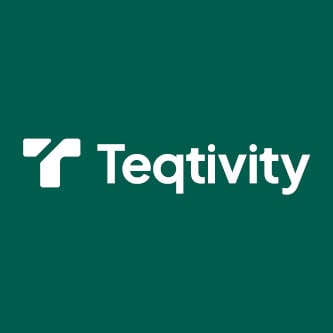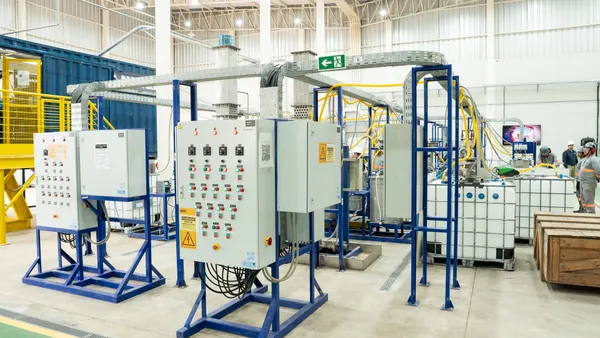As companies prepare to comply with emerging sustainability reporting requirements, some finance teams are getting a new player to help handle the workload: the ESG controller.
Over the last year or two the title has begun to pop up at large companies as well as at some smaller and even private firms that see the business opportunities that come with providing higher-quality auditable data in environmental, social and governance reports, according to Kristen Sullivan, an audit and assurance partner at Deloitte & Touche.
The role of the ESG controller is to introduce and establish a set of controls and a systematic approach into how a company accesses ESG-related data and prepares it for disclosure, making sure that it is done in a much more controlled, systematic manner than was typical when sustainability reporting was voluntary, said Sullivan, who also leads the Big Four firm’s sustainability and ESG services.
“With this move toward regulation and an enhanced obligation of the board, the [company’s] overall highest governing body, there’s a much higher degree of connection and cadence of discussion and updates that go on with the audit committee and the controllership team as it relates to the confidence in…internal controls over the reporting,” Sullivan said.
Depending on the structure of the company, ESG controllers generally report to the company’s corporate controller or the CFO, Sullivan said. They also typically hold CPAs, or are certified management accountants and have additional background in estimation methodologies and proxy data that sustainability reporting on such information as greenhouse gas emissions or kilowatt hours often relies on.
Currently more than 50 Fortune 100 companies have ESG controllers, a role that was “virtually non-existent just two years ago,” according to a report from Trellis, which cited Mastercard’s ESG Controller Tarynn Zenk as part of that cohort. More may be on the way. Gap Inc. is looking for an ESG controller, according to a listing on the hiring platform Indeed which indicates the pay range at $112,100-$148,500. Gap did not immediately respond to a request for comment.
The March passage of the Securities and Exchange Commission’s climate-risk disclosure rule is pushing companies like payments player Corpay to double down on their ESG reporting strategies, even as the rule has been stayed by the court, CFO Dive previously reported.
The hiring of ESG controllers is just one part of the initiatives and structural changes that companies are undergoing to meet what is anticipated to be a growing mix of global, regional and local new disclosure requirements.
For example, the share of companies that now have chief sustainability officers who are responsible for ESG disclosure has risen to 55% from 42% in December of 2022, although 47% still rely on CFOs for those duties, according to Deloitte’s 2024 Sustainability Action report released this summer. In addition, more than half of companies have created a cross-functional ESG working group, up from 21% in March of 2022.
Other common steps companies have taken to support GHG emissions measurement in addition to hiring include establishing oversight through disclosure committee review and accelerating reporting timelines, according to the report, which surveyed 300 executives at public companies in January.
“What we’re seeing…is very clear and consistent enhanced emphasis on preparing for the shift we’re seeing from a voluntary to a regulatory landscape,” Sullivan said.














